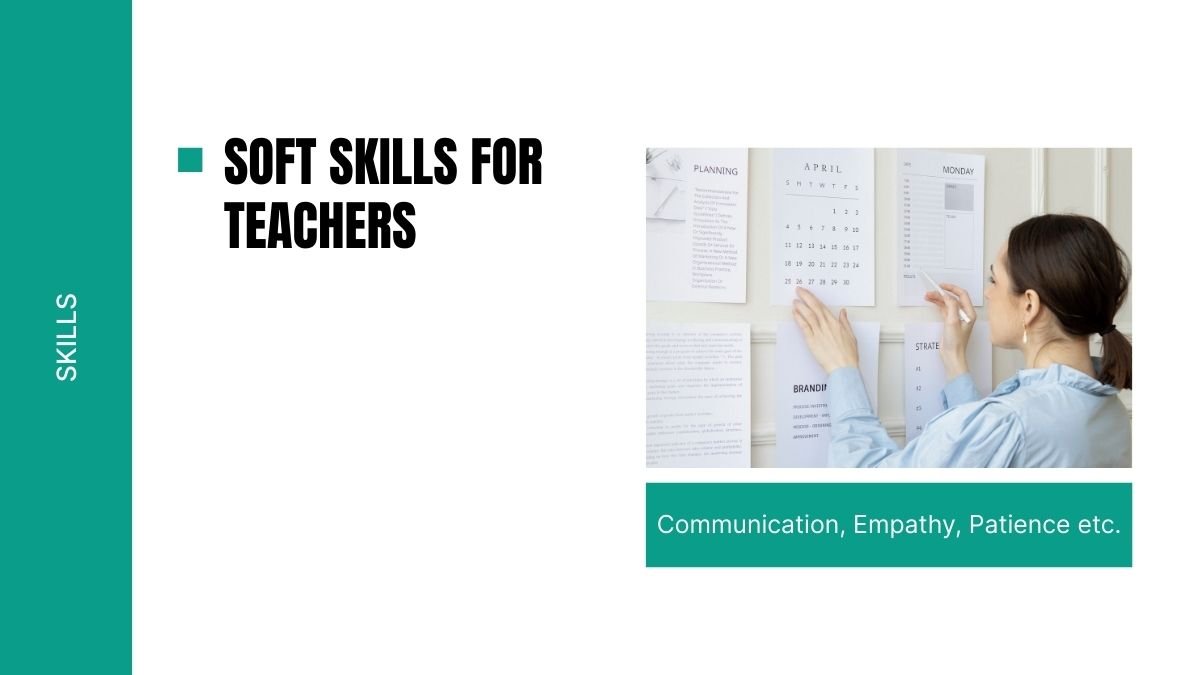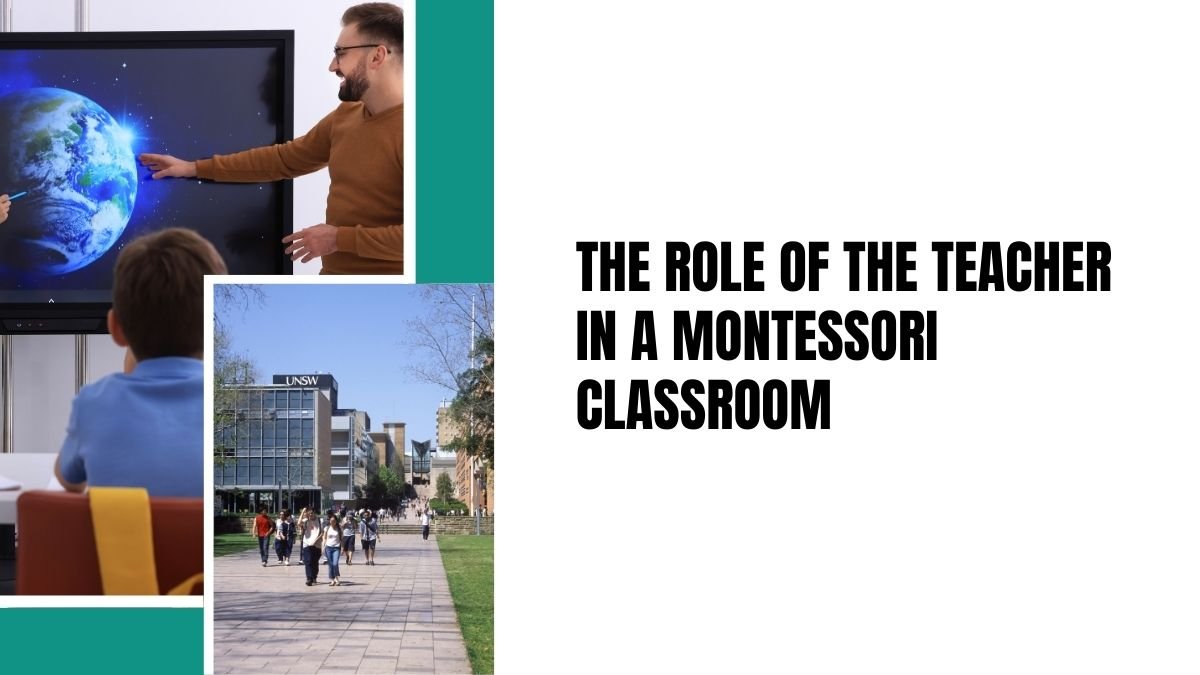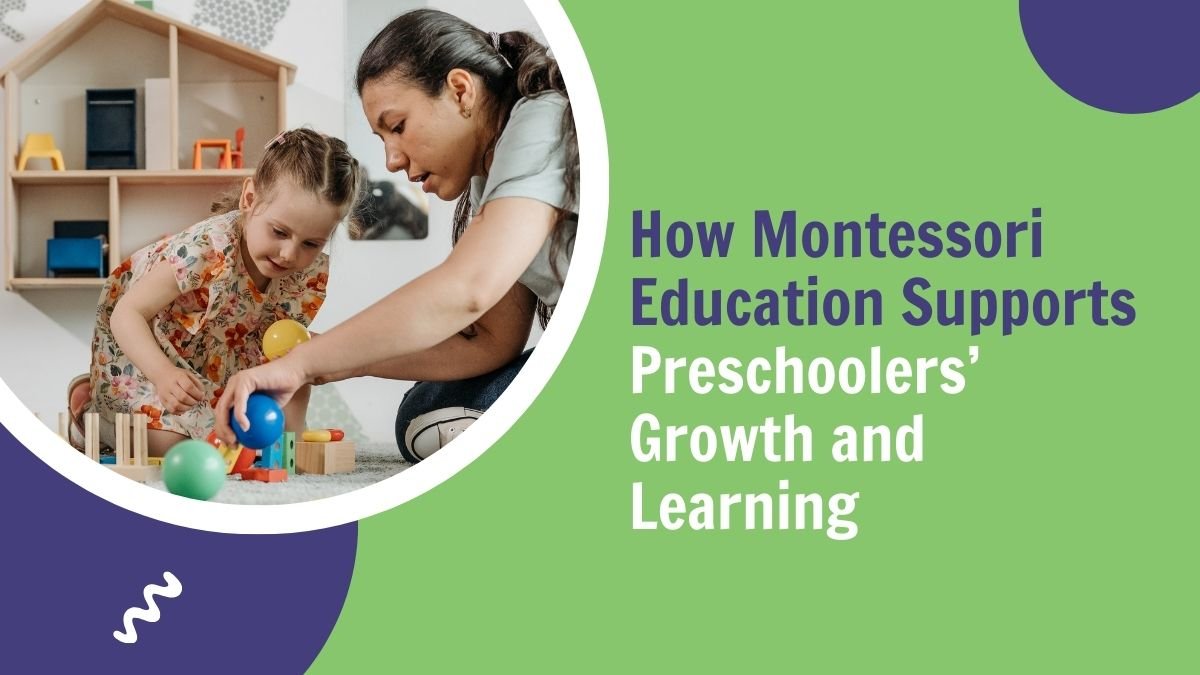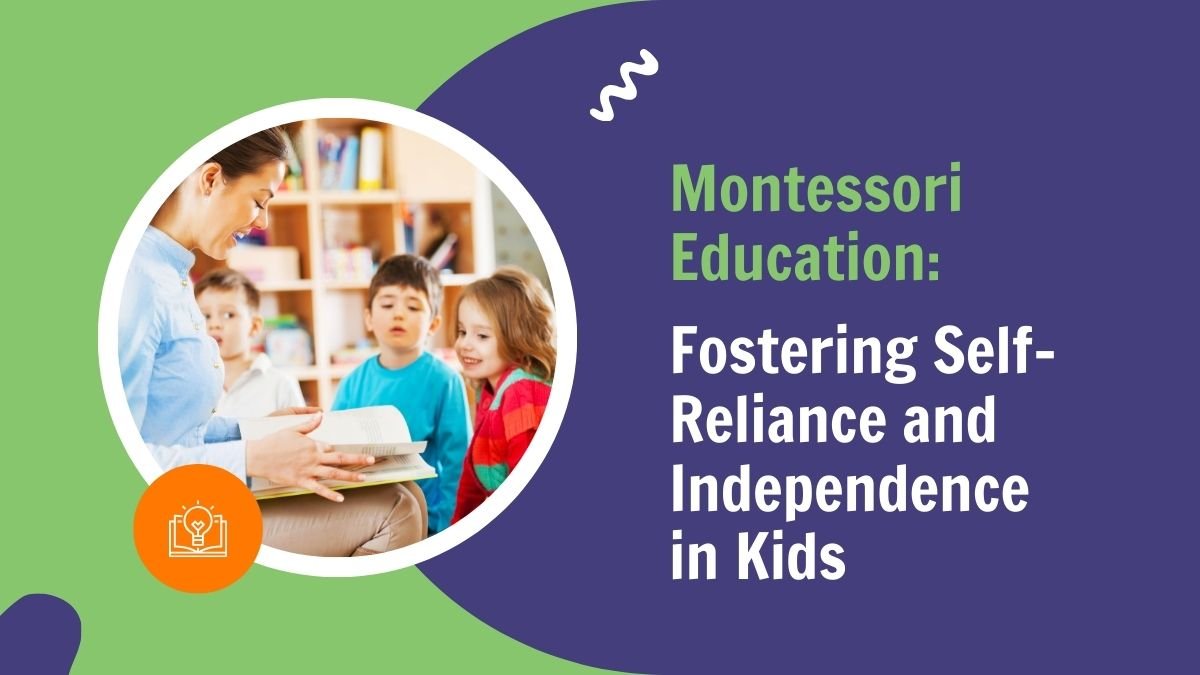Benefits of Montessori Education: A Unique Way of Learning for Young Children
Young children learn through seeing, touching, and manipulating everything. Therefore, the environment and method they receive in their childhood will determine much in their lives. Montessori education is based on the premise that children are naturally inquisitive and can teach themselves almost anything as long as learning happens in a suitable environment, at their own pace, and at great lengths.
A method nowadays embraced by many parents and teachers for its numerous benefits, such as assisting the child with learning, preparing him for life, etc. Let us have a closer look at these benefits, thus realizing why Montessori education is considered such an effective one.
1. Independence and self-discipline
Independence from the Montessori kind. This does not equal to letting the child freely do as she pleases; her freedom to choose among what appear to be very small options to choose from.
Instead, she may choose to do a puzzle or she may choose to go draw.
By making such choices over and over, a child learns decision-making and self-discipline, gradually and incrementally.
In that process, her confidence increases. She has learned that she can do her own things and her choices do count.
The respect of the parents for such independence will make it all the better for the child. Such little victories of being dressed in her own clothes or taking the toys away single-handedly will stand for heights of confidence.
2. Hands-on learning and self-learning
Hands-on experience stands for simple and self-explanatory learning.
Children learn from interacting with real things and real activities and not from merely books and lectures.
Beads or blocks could be used for counting. This way helps with the idea of counting and lays the groundwork for addition and subtraction.
Globe and maps for geography make the children have that feeling instead of just hearing about it.
That type of learning sticks in the child’s mind forever. When one does something while learning about it, one absorbes and holds on to that knowledge; one thus stays engaged.
3. Social and emotional development
Social and emotional development during early childhood ages is as important as teaching the child to study. In a Montessori class, children are trained to talk to each other with respect and to cooperate.
A child may work on unraveling puzzles or completing tasks with several other children in small group settings. This fosters the child’s ability to share, cooperate, and help one another.
Additionally, the children acquire experiences in making decisions. In a group setting, they must now agree on who will do what.
And as this is done, their emotional maturity grows.
For example: if a child becomes angry at the teacher for not having her toy, people teach her the patience of waiting by showing her how to handle frustration. By this, she gets to learn what patience and self-control are.
4. Learning practical life skills
Montessori education is not simply reading from books and playing games. The students find situations or activities in which to learn skills for real life.
Such tasks include dressing oneself and washing dishes, cleaning the table, or watering the plants.
The child is provided small tools appropriate to their age — lightweight utensils, small mops and pails. The child learns a sense of independence from accomplishing these tasks and realizes that each task is an important one in itself.
5. Developing a love for learning
Montessori education tends to naturally create love in children for learning.
Such a subject is not imposed on the children here; activities are based on the interests expressed by a child.
For instance: if a child has an interest in music, he would be free to work on a musical instrument.
When a child is particularly interested in nature, he or she is fully immersed in studying plants, animals, and activities outdoors.
When the child is given the opportunity to do something of his own interest, he gets into it and finds it fun other than a burden. This habit makes him a lifelong learner.
6. Holistic development
The aim of Montessori education is not just to be academically oriented. It focuses on the overall personality development of the children.
- Cognitive development (thinking and understanding)
- Social/emotional development (connecting with others and cooperating)
- Emotional development (self-awareness and controlling one’s emotions)
- Physical development (balance, strength and motor skills)
The child becomes not only a brilliant student but also a balanced and self-reliant person.
7. Critical thinking and problem solving
Montessori education builds children’s skills in critical thinking and problem solving.
Activities are given to children that require thinking, experimentation, and the ability to learn from mistakes.
For instance: resolving a challenging puzzle, making patterns with beads, or doing simple little experiments.
With solving problems, a child learns independence and innovation; he becomes creative.
This knowledge is not only relevant to him for learning in school but in every arena of life.
Why is this so important? What makes Montessori so special?
Parents wonder why so much emphasis is placed on this Montessori way of educating. A very good reason is that this way enables children to cope not only with today but with the challenges ahead.
He has self-reliance; therefore, he believes in himself under any circumstance encountered in his future.
He develops a sense of responsibility and discipline to balance between studying and career.
The best thing is that he finds the whole idea of learning fun rather than a burden. This keeps his inspiration throughout in every situation.
Conclusion
The Montessori approach provides a holistic and complete early childhood education, fostering independence, self-control, responsibility, and curiosity among its young charges. Next to these, the system nurtures social, emotional, and practical life skills.
When a child learns through hands-on experience, when given the liberty of choice, and allowed the right to pursue his own passions, he turns out to be not only a better student but an all-around better person.
If you wish to provide such an environment to your child which is loving, nurturing, non-restrictive, and blissfully independent, then the Montessori style of education is the best way to go.









